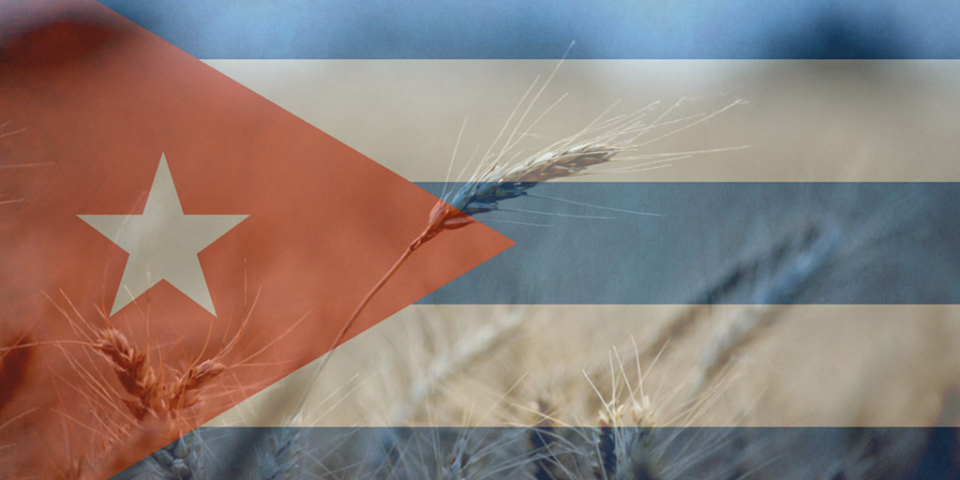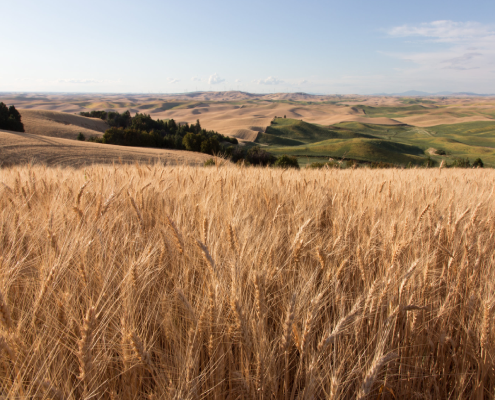WASHINGTON, DC – Even as President Trump announces changes to current travel and trade rules with Cuba, U.S. Wheat Associates (USW) and the National Association of Wheat Growers (NAWG) are hopeful that the increasing public and congressional support for more open trade will lead to an eventual end to the U.S. embargo.
“This is a political process and that means there are going to be steps forward and back,” said USW President Alan Tracy. “Our organizations support measures that move toward ending the embargo. Cuba is a significant wheat importing nation and our farmers can supply high-quality wheat at a lower cost than Cuba pays now to import European and Canadian wheat. Wheat is an important food grain that should be above politics, but the embargo will likely have to end before wheat farmers can help meet the increasing demand for agricultural products to help feed the Cuban people.”
“Wheat growers are facing significant economic hurdles and need more markets,” said David Schemm, a wheat farmer from Sharon Springs, KS, and NAWG President. “NAWG supports the effort to end the embargo on Cuba because it is what is best for our farmers. Farmers know that agricultural trade is a proven way to foster stronger and more productive ties with folks who live outside the United States.”
USW’s mission is to “develop, maintain, and expand international markets to enhance the profitability of U.S. wheat producers and their customers.” USW activities in more than 100 countries are made possible through producer checkoff dollars managed by 18 state wheat commissions and cost-share funding provided by USDA/Foreign Agricultural Service. For more information, visit our website at www.uswheat.org.
NAWG is a federation of 20 state wheat grower associations that works to represent the needs and interests of wheat producers before Congress and federal agencies. Based in Washington, DC, NAWG is grower-governed and grower-funded, and works in areas as diverse as federal farm policy, trade, environmental regulation, agricultural research and sustainability.
# # #
Nondiscrimination and Alternate Means of Communications
U.S. Wheat Associates prohibits discrimination in all its programs and activities on the basis of race, color, religion, national origin, gender, marital or family status, age, disability, political beliefs or sexual orientation. Persons with disabilities who require alternative means for communication of program information (Braille, large print, audiotape, etc.) should contact U.S. Wheat Associates at 202-463-0999 (TDD/TTY – 800-877-8339, or from outside the U.S.- 605-331-4923). To file a complaint of discrimination, write to Vice President of Finance, U.S. Wheat Associates, 3103 10th Street, North, Arlington, VA 22201, or call 202-463-0999. U.S. Wheat Associates is an equal opportunity provider and employer.



